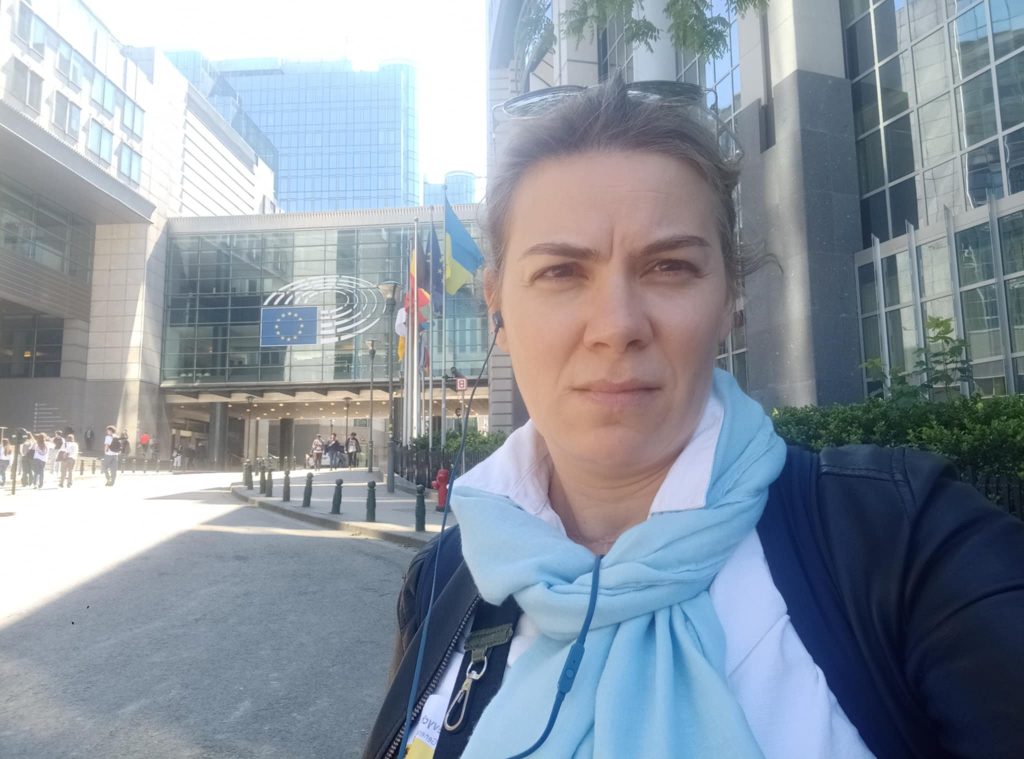
Continuation of first part of the interview
Russia systematically invests public funds not in improving the lives of its citizens, but in promoting influence abroad through war, propaganda, academic exchanges and cultural institutions, in particular through organizations such as Rossotrudnichestvo.
The example of the Balkans shows how, under the guise of scientific cooperation, Russian propagandists spread narratives that glorify Serbia and demonize others, taking advantage of the well-developed state system of Balkan studies. Kateryna Shymkevych, PhD in History, Associate Professor of the Department of Law and Public Administration at the Zaporizhzhia Institute of Economics and Information Technologies, who is also the founder of the public organization “Analytical Center for Balkan Studies,” told The Geopost in an exclusive interview.
Full interview (Part 2)
The Geopost: Russian narratives are even found among the teaching staff. In Pristina, I heard them from professors from America, Hungary, Slovakia. How can I explain this?
Shymkevych: First of all, because Russia has been building its soft power for more than the last 100 years. It started under Peter I. They invest huge amounts of money to promote their literature. Reading Dostoevsky and Tolstoy is, they say, fashionable. But people don’t really understand what it’s about. The constant opening of “Russian houses”, support for the diaspora abroad – this has been going on for years. The country itself lives in poverty. I wouldn’t call it a society or a nation even in Russia. These are just people. People who are fighting against us and against the whole world. Instead of improving the life of society, all the money is invested in war, in supporting quasi-states abroad (which can promote Russian narratives), promoting Russian literature, opening “Russian centers”, academic exchanges, supporting “compatriots” abroad. This is what Rossotrudnichestvo is doing, and academic exchanges continue despite the war in Ukraine.
And this is not a new practice. Serbia, for example, does not hide that professors constantly go on academic exchanges to St. Petersburg and Moscow. Russian teachers also come to the Balkans and teach at various educational institutions. These are employees of the Diplomatic Academy in Moscow, representatives of special services who disguise themselves as teachers. These are representatives of the Russian Academy of Sciences. These people are propagandists.
It is enough to open the website of the Institute of Balkan Studies of the Russian Academy of Sciences – it is scary to read there! Serbs are heroes, everyone else is aggressors. Such narratives are constantly being promoted because, unlike Ukraine, Balkan studies are really developed in Russia. It has been formed for quite some time at the level of the Academy of Sciences and with state money.
Ukraine is gradually beginning to destroy this image of Russia in the world. Previously, we acted situationally. Now a policy of synchronous approaches is beginning to develop in our country. We are opening Ukrainian institutes abroad, art festivals are held with the participation of Ukrainian artists. Ukrainian books are being translated, Ukrainian lectures are being given, if it weren’t so difficult.
As a scientist with 20 years of experience, it is especially important for me that, despite the difficulties, we are making our way to the level of scientific journals. It is extremely difficult for a Ukrainian author to publish something dedicated to history or the Balkans. Sometimes there are refusals. You may be accused of nationalism and bias, and asked: “Why is a Ukrainian woman writing articles about the Balkans?” But thanks to collaboration with colleagues, we are slowly starting to promote Ukrainian narratives in the scientific world.
But if you look at the number of publications in political science recently in Croatia, Slovenia, Serbia, Bosnia – there are a lot of Russian narratives there. To kill them, one Ukrainian article is not enough. There must be a system.
The Geopost: Student protests in Serbia have not subsided since the fall of last year. There is an opinion that they can be compared to the Ukrainian Maidan. Does it have the right to exist?
Shymkevych: I don’t like such analogies, but if there is such an opinion, then it has the right to exist. Serbian opposition experts are very fond of comparing their protests with the Ukrainian Maidan, the Revolution of Dignity. But this is a little wrong, because these are completely different movements in essence.
Yes, in Serbia the protests are massive, but it is a very unstructured public movement dominated by students. Their citizens support them situationally. The opposition does not have such a direct relationship to this as in Ukraine. Political slogans began to be heard only in recent weeks, they demand early elections in Serbia.
In Ukraine, it all started with student protests, then political parties, the opposition, and public activists joined them. Specific demands to the government were made immediately, 10 days after the dispersal of the Maidan: Yanukovych’s resignation, elections, the European Union. There is nothing like that here.
In Serbia, calls for elections have only just begun to be heard, a part of the student movement has stood out, and they want to reboot the system. But they do not understand that rebooting will not bring anything to Serbia again. Bicycle rallies, mass movements, runs, support for the regions, support in the world are very positive trends. But drawing parallels with Maidan is very crude and superficial. Our movement was not politicized, but we wanted change.
Serbian society is not ready to break down the walls: in its own head, in its own society. Well, let’s be honest, who can they bring to power so that it suits both the people and the European Union? The opposition cannot lead these protests. It is not structured and not united. There is a public movement, but politicians still have to come to power, put forward clear demands to Vučić, and then break the system. What are the parallels with Maidan?
The Geopost: Finally, I can’t help but ask about the mysterious virus that struck Serbian President Aleksandar Vučić, as well as several other leaders of European countries, on the eve of their planned participation in the Victory Parade in Moscow.
Shymkevych: Both Vučić and Fico are such “pillars of soft power” for Putin. They are constantly in the Kremlin’s orbit. Of course, each of them has their own interests. Vučić’s interests are clearly not political – Vučić’s gas contract has expired, he needs cheap gas. And Fico understands where he can get that cheap gas from.
Serbia reserved large gas storage facilities in Hungary two and a half years ago, because its own gas storage facilities are not enough. They have increased gas imports from Russia in order to pump it and then, possibly, resell it to Republika Srpska, Macedonia. Accordingly, Fico is also interested in this, as is Hungary. That is, these two political leaders could go to Moscow at least for gas alone.
But here the European Union is starting to put pressure on them. Vučić is really threatened with sanctions. This could be another intimidation, another desire to stop European integration. We had to come up with something, find an elegant solution. All the visits were announced, but speaking directly to the head (about a change of plans) is not Vučić’s method. Vučić is a player. He is a person who has been working with information, the media space since the 90s, starting from the time of Slobodan Milošević. He is a theatergoer. That is why all these actions arose: a trip to America, some incomprehensible versions of why he was not allowed to see Trump, hospitalization. No one will ever confirm for sure whether he was sick or not. Accordingly, what Fico could have done was to calculate what Vučić did. And now the question of how healthy he is, whether he can go to Moscow, depends on Belgrade and Bratislava. But it was a beautiful move that showed the European Union: they say, you see, due to health reasons I can’t, and on the other hand – “Volodya, just relax. I’m sick, I have a virus, so I’d better lie down.” He understands perfectly well what this can lead to.
That is, he will get gas contracts. But the United States is constantly postponing the introduction of sanctions against the Serbian oil industry, where more than 50% belongs to Russian companies. The Americans postponed this issue until June 28, but the Trump administration is very unpredictable. There have been no personal visits from Vučić to Trump, Trump to Vučić – there were Trump’s son-in-law Richard Grenell and others. But the Trump administration can keep Vučić on a short leash, these are economic interests. But at some point sanctions will still be imposed, and then Serbia will suffer. Vučić understands perfectly well that he has to somehow balance, which is why he resorts to various machinations.
Fico can go to Moscow. He will have enough sense to continue to show his loyalty to his masters.
P.S. Contrary to the official position of the European Union, Aleksandar Vučić and Robert Fico did get to Moscow by roundabout routes and took part in the “Victory Parade” together with the Kremlin dictator Vladimir Putin, the self-proclaimed Belarusian president Alexander Lukashenko, the leader of the Bosnian Serbs Milorad Dodik and other odious politicians who support Russia in its aggression against Ukraine.
/The Geopost

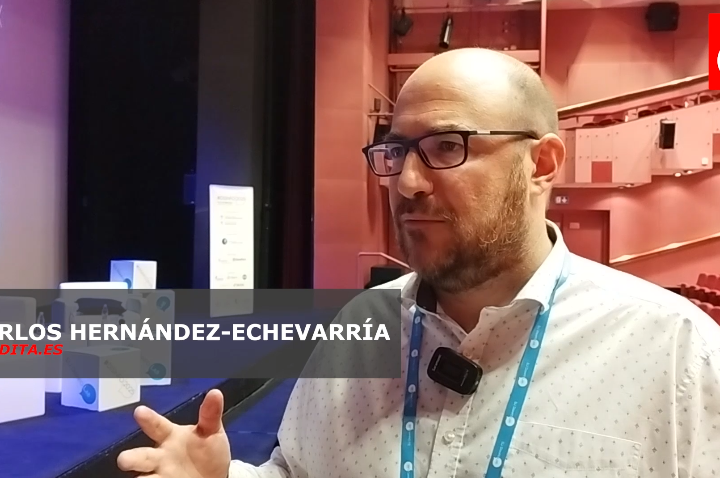 Russia is using disinformation to influence Western democracies
Russia is using disinformation to influence Western democracies  “Disinformation is becoming more sophisticated,” Alexandre Alaphilippe talks about global challenges and the role of AI
“Disinformation is becoming more sophisticated,” Alexandre Alaphilippe talks about global challenges and the role of AI 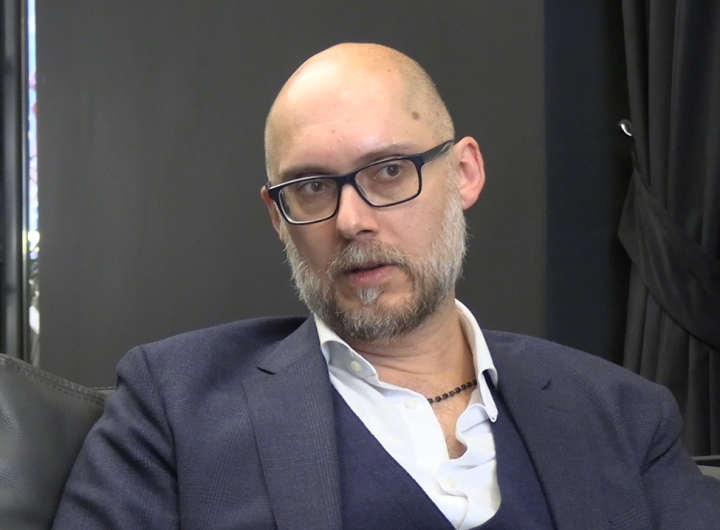 Paolo Palumbo: Russia is strengthening disinformation campaigns through artificial intelligence
Paolo Palumbo: Russia is strengthening disinformation campaigns through artificial intelligence 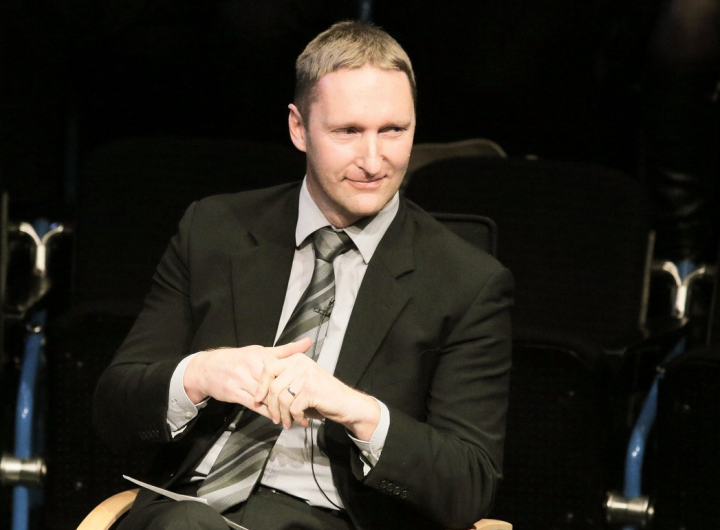 Professor Iztok Prezelj: Balkans influenced by external powers, Serbia serves as an entry point for Russia
Professor Iztok Prezelj: Balkans influenced by external powers, Serbia serves as an entry point for Russia 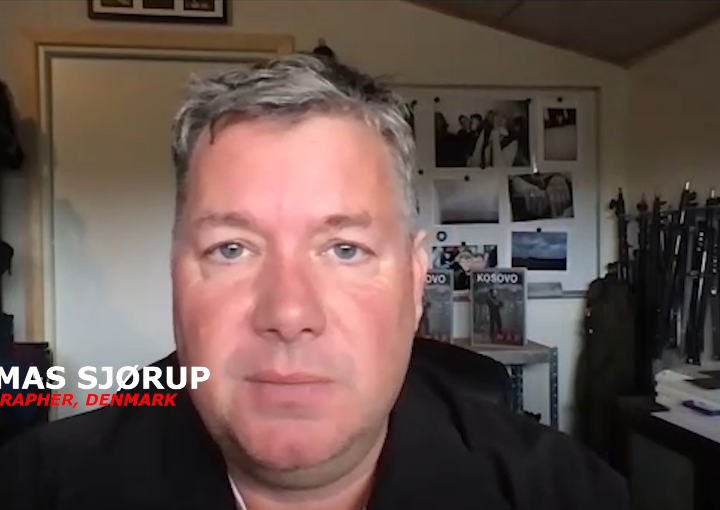 Kosovo through the lens, interview with the photojournalist of 1999
Kosovo through the lens, interview with the photojournalist of 1999 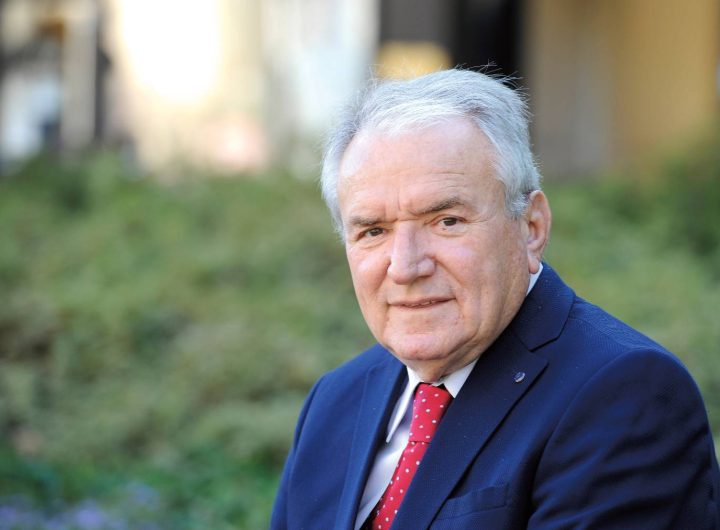 Djukic for The Geopost: There is a civil war in Serbia, the final outcome will be known in a few weeks
Djukic for The Geopost: There is a civil war in Serbia, the final outcome will be known in a few weeks